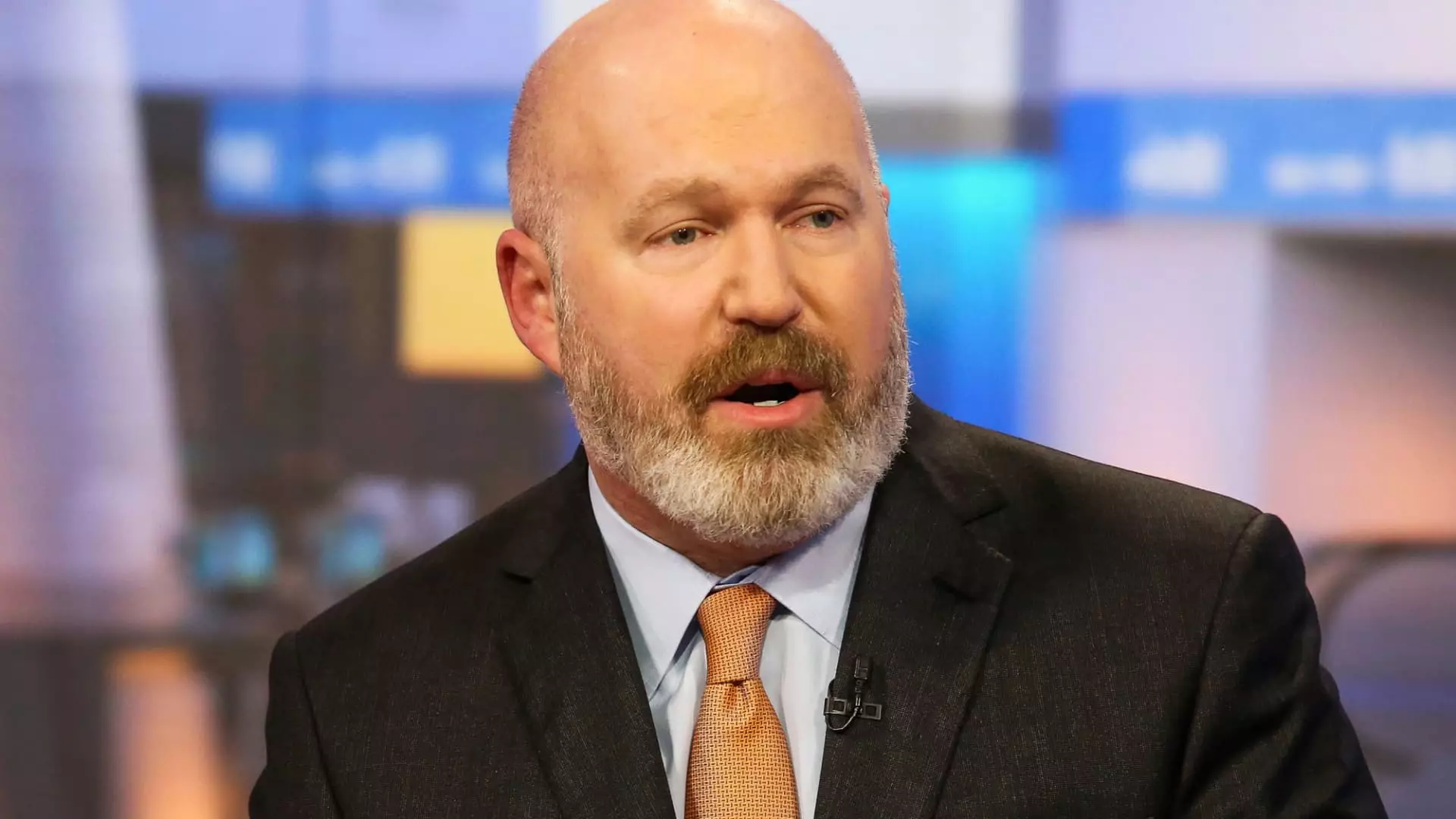In a year marred by geopolitical tensions, trade conflicts, and economic volatility, AQR Capital Management stands out as a rare beacon of triumph. Their hedge funds, specifically the Apex and Delphi funds, have managed to outperform not just the market but also many traditional investment approaches. An 11.4% and 11.6% return respectively, in just half a year—these figures might seem impressive at first glance, but they mask a deeper reality: such gains are tightly linked to the market’s unpredictable swings and high-risk positioning. One should question whether these returns are a sign of genuine skill or merely the product of capitalizing on short-lived volatility.
The Mirage of Resilience Amid Chaos
The stock market’s rebound from a months-long downturn appears remarkable. Yet, it disguises the fragility beneath the surface. The S&P 500’s growth, buoyed to record highs amidst ongoing geopolitical uncertainties, can mislead investors into believing that stability and growth are assured. AQR’s success is a testament to their sophisticated, quant-driven strategies that exploit market swings, but this raises a critical concern: Is this approach sustainable in the long term, or are these gains merely riding the waves of a volatile environment that could quickly turn adverse?
The Double-Edged Sword of Quant Funds
AQR’s reliance on complex strategies—blending stocks, macro, arbitrage, and trend-following tactics—illustrates the center-right ideological focus on innovation and pragmatic risk-taking. However, it also exposes systemic vulnerabilities. Quant funds, while capable of delivering outsized returns in choppy waters, often lack the adaptability and human judgment necessary to navigate sudden crises. If political or economic conditions shift abruptly, these highly algorithmic systems may falter just as predictably as they succeed.
A Focused Center-Right Strategy or Balancing Act?
AQR’s growth from $99 billion to $142 billion under management signals confidence in their diversification and multistrategy approach. This could reflect a centrist, pragmatic view: embracing innovative, data-driven investment while maintaining cautious awareness of inherent risks. Yet, this also serves as a reminder that in our pursuit of market dominance, we must remain vigilant against overconfidence. Relying heavily on algorithmic success stories like AQR might lull investors into complacency, neglecting the importance of fundamental analysis and traditional oversight amid a landscape driven by high-frequency gains.
While AQR’s remarkable half-year performance might inspire some to chase similar strategies, it ought to generate caution rather than celebration. Their success demonstrates the sharp edge of modern, quantitative investing—powerful yet precarious. In a world where markets are increasingly shaped by unpredictable geopolitical shocks, betting heavily on recent triumphs risks igniting another bubble or exposing investors to significant losses when the volatility subsides. The prudent investor must weigh these signals carefully, recognizing that beneath this veneer of success lies a foundation that is as fragile as it is lucrative.

